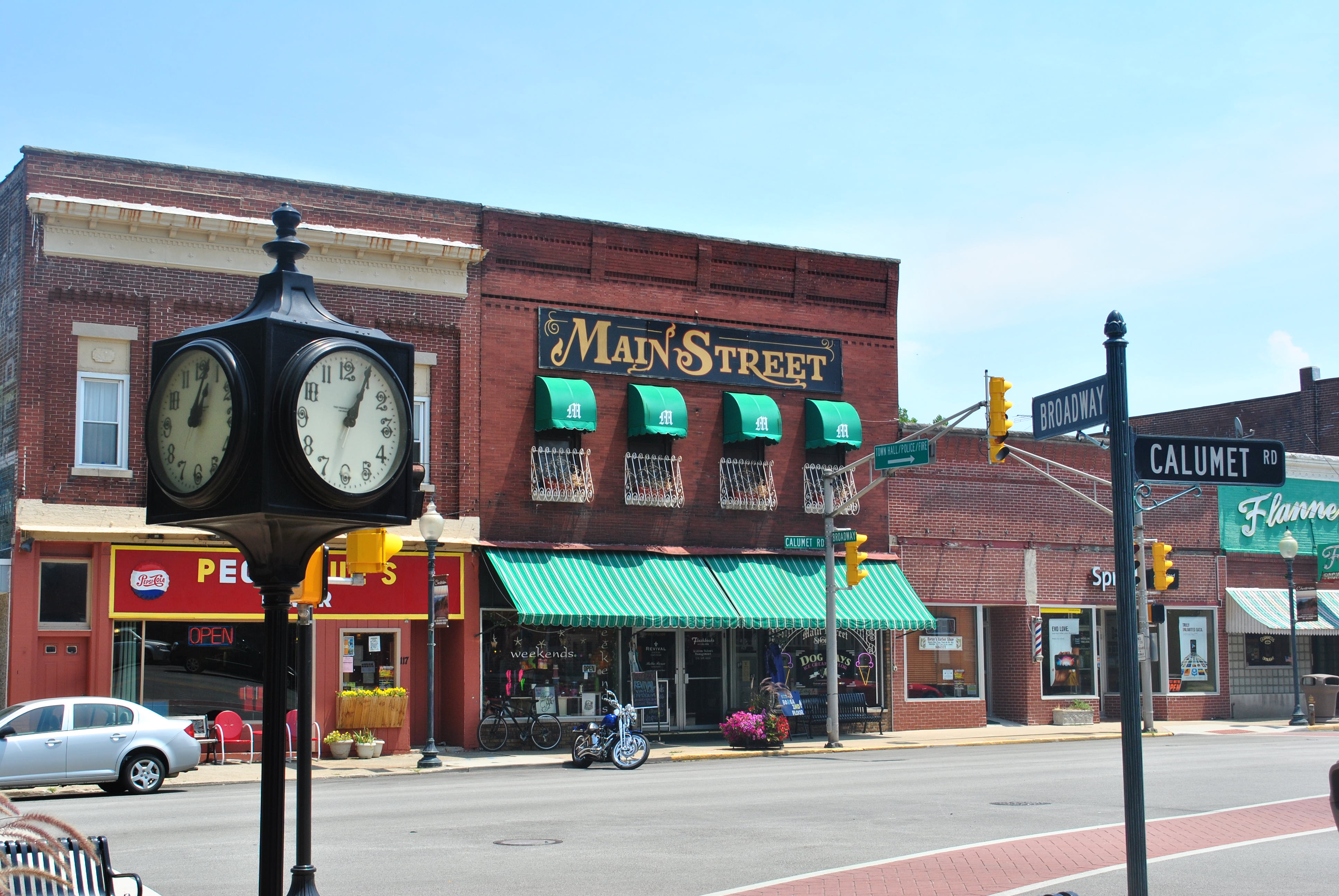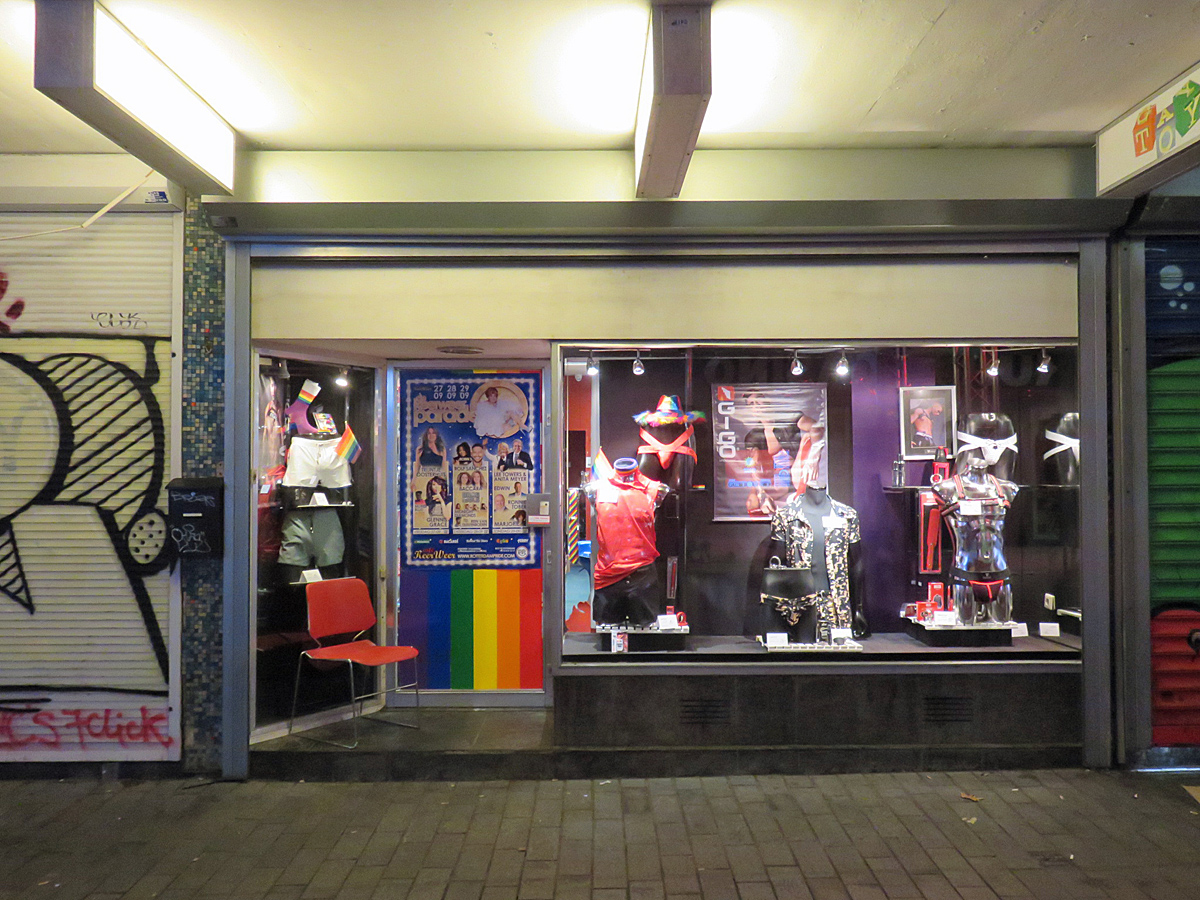|
LGBT Rights In Canada
Canadian lesbian, gay, bisexual, transgender, and queer (LGBTQ) rights are some of the most extensive in the world. Homosexuality, Same-sex sexual activity, in private between consenting adults, was decriminalized in Canada on June 27, 1969, when the ''Criminal Law Amendment Act, 1968–69'' (also known as ''Bill C-150'') was brought into force upon royal assent. In a landmark decision in 1995, ''Egan v Canada'', the Supreme Court of Canada held that sexual orientation is constitutionally protected under the Section 15 of the Canadian Charter of Rights and Freedoms, equality clause of the ''Canadian Charter of Rights and Freedoms''. In 2005, Canada became the fourth country in the world, and the first in the Americas, that Civil Marriage Act, legalized same-sex marriage. In 2022, Canada was the third country in the world, and the first in North America, that statutorily Legality of conversion therapy, banned conversion therapy nationwide for both minors and adults, and made it ... [...More Info...] [...Related Items...] OR: [Wikipedia] [Google] [Baidu] |
Section 15 Of The Canadian Charter Of Rights And Freedoms
Section 15 of the ''Canadian Charter of Rights and Freedoms'' contains guaranteed Social equality, equality rights. As part of the Constitution of Canada, the section prohibits certain forms of discrimination perpetrated by the governments of Canada with the exception of ameliorative programs (e.g. Employment equity (Canada), employment equity). Rights under section 15 include racial equality, sexual equality, mental disability, and physical disability. In its jurisprudence, it has also been a source of LGBT rights in Canada. These rights are guaranteed to "every individual", that is, every natural person. This wording excludes "legal persons" such as corporations, contrasting other sections that use the word "everyone", where "legal persons" were meant to be included. Section 15 has been in force since 1985. Text Under the heading of "Equality Rights" this section states: Background The ''Canadian Bill of Rights'' of 1960 had guaranteed the "right of the individual to equali ... [...More Info...] [...Related Items...] OR: [Wikipedia] [Google] [Baidu] |
Commercial District
Commercial area, commercial district or commercial zone in a city is an area, district, or neighborhoods primarily composed of commercial buildings, such as a strip mall, office parks, downtown, central business district, financial district, " Main Street", or shopping centers. Commercial activity within cities includes the buying and selling of goods and services in retail businesses, wholesale buying and selling, financial establishments, and a wide variety of uses that are broadly classified as "business." While commercial activities typically take up a relatively small amount of land, they are extremely important to a community's economy. They provide employment, facilitate the circulation of money, and often serve many other roles important to the community, such as public gathering and cultural events. A commercial area is real estate intended for use by for-profit businesses, such as office complexes, shopping malls, service stations, bars and restaurants. It may be pu ... [...More Info...] [...Related Items...] OR: [Wikipedia] [Google] [Baidu] |
Gay Village, Montreal
Gay Village (often simply known as "the Village"; or simply ''Le Village'') is a neighbourhood delineated by Saint Catherine Street East and Atateken Street in the Ville-Marie borough of Montreal, Quebec, Canada. The entire Village is bordered approximately by Saint Hubert Street to the west, De Lorimier Avenue to the east, Sherbrooke Street to the north and René Lévesque Boulevard to the south, making it the largest gay village in North America in terms of area. It is served by the Beaudry and Papineau metro stations. Originally a poor working-class area, the Centre-Sud neighbourhood became increasingly attractive to the gay and lesbian community after the migration of many LGBTQ businesses from other parts of the city. The area has become considerably gentrified, due in part to significant investment from the various levels of all governments. All three levels of government are aggressively promoting Montreal's gay life as a tourist attraction. In recognition of th ... [...More Info...] [...Related Items...] OR: [Wikipedia] [Google] [Baidu] |
Montreal
Montreal is the List of towns in Quebec, largest city in the Provinces and territories of Canada, province of Quebec, the List of the largest municipalities in Canada by population, second-largest in Canada, and the List of North American cities by population, ninth-largest in North America. It was founded in 1642 as ''Fort Ville-Marie, Ville-Marie'', or "City of Mary", and is now named after Mount Royal, the triple-peaked mountain around which the early settlement was built. The city is centred on the Island of Montreal and a few, much smaller, peripheral islands, the largest of which is Île Bizard. The city is east of the national capital, Ottawa, and southwest of the provincial capital, Quebec City. the city had a population of 1,762,949, and a Census geographic units of Canada#Census metropolitan areas, metropolitan population of 4,291,732, making it the List of census metropolitan areas and agglomerations in Canada, second-largest metropolitan area in Canada. French l ... [...More Info...] [...Related Items...] OR: [Wikipedia] [Google] [Baidu] |
Church And Wellesley
Church and Wellesley is an gay village, LGBT-oriented enclave in Toronto, Ontario, Canada. It is roughly bounded by Gerrard Street (Toronto), Gerrard Street to the south, Yonge Street to the west, Charles Street to the north, and Jarvis Street to the east, with the core commercial strip located along Church Street from Wellesley south to Alexander. Though some LGBT-oriented establishments can be found outside this area, the general boundaries of this village have been defined by the Gay Toronto Tourism Guild. Overview While the neighbourhood is home to the community centre, parks, bars, restaurants, and stores catering to the LGBT community (particularly along Church Street), it is also a historic community with Victorian houses and apartments dating back to the late 19th and early 20th century. Many LGBT people also live in the nearby residential neighbourhoods of The Annex, Cabbagetown, Toronto, Cabbagetown, St. James Town, St. Lawrence, Toronto, St. Lawrence, Riverdale, Toro ... [...More Info...] [...Related Items...] OR: [Wikipedia] [Google] [Baidu] |
Toronto
Toronto ( , locally pronounced or ) is the List of the largest municipalities in Canada by population, most populous city in Canada. It is the capital city of the Provinces and territories of Canada, Canadian province of Ontario. With a population of 2,794,356 in 2021, it is the List of North American cities by population, fourth-most populous city in North America. The city is the anchor of the Golden Horseshoe, an urban agglomeration of 9,765,188 people (as of 2021) surrounding the western end of Lake Ontario, while the Greater Toronto Area proper had a 2021 population of 6,712,341. As of 2024, the census metropolitan area had an estimated population of 7,106,379. Toronto is an international centre of business, finance, arts, sports, and culture, and is recognized as one of the most multiculturalism, multicultural and cosmopolitanism, cosmopolitan cities in the world. Indigenous peoples in Canada, Indigenous peoples have travelled through and inhabited the Toronto area, ... [...More Info...] [...Related Items...] OR: [Wikipedia] [Google] [Baidu] |
Gay Village
A gay village, also known as a gayborhood or gaybourhood, is a geographical area with generally recognized boundaries that is inhabited or frequented by many lesbian, gay, bisexuality, bisexual, transgender, and queer (LGBTQ) people. Gay villages often contain a number of gay-oriented establishments, such as gay bars and pubs, gay nightclub, nightclubs, Gay bathhouse, bathhouses, restaurants, boutiques, and bookstores. Such areas may represent an gay friendly, LGBT-friendly oasis in an otherwise hostile city or may simply have a high concentration of gay residents and businesses. Some areas are often associated with being "gay" cities or resorts, due to their image and acceptance of the gay community. Much as other urbanized groups, some LGBT people have managed to utilize their spaces as a way to reflect their cultural values and serve the special needs of individuals in relation to society at large. Today, these neighborhoods can typically be found in the upper-class areas ... [...More Info...] [...Related Items...] OR: [Wikipedia] [Google] [Baidu] |
Equaldex
Equaldex is an Electronic publishing, online publication resource on LGBT rights by country or territory, LGBTQ rights. Subsections of the website are a collaborative knowledge base. ''Equaldex'' publishes a ranking of LGBT rights by country or territory, LGBT rights by country and territory. As of September 2022, the head of ''Equaldex'' is Dan Leveille. ''LGBT Equality Index'' The Legal Index is determined on the basis of 13 different legal issues, such as the legal status of homosexuality, the possibility of same-sex marriage, the fullness of the rights of transgender people, and so on. These issues have different Weighting, weights. For example, the legality of same-sex marriage has a greater impact on the index than the ability of LGBT people to openly serve in the military. If different laws apply in different regions of the country, then the average value is calculated. Laws begin to affect the index only after they come into force, and not immediately after adoption, so c ... [...More Info...] [...Related Items...] OR: [Wikipedia] [Google] [Baidu] |
LGBT Tourism
LGBTQ tourism (or gay tourism) is a form of tourism marketed to gay, lesbian, bisexual, transgender, and queer (LGBTQ) people. It may also include a focus on other members of the (broader) community. The tourism, and its related establishments, may have the goal of celebrating the community, commemorating the LGBT+ rights movement, educating members outside of the community, or a combination of these elements. People might be open about their sexual orientation and gender identity at times, but less so in areas known for violence against LGBTQ people. Hence, knowing which regions are welcoming of LGTBQ+ tourists is valuable.Preview. The main components of LGBTQ tourism include: destinations, accommodations, and travel services wishing to attract LGBTQ tourists; people looking to travel to LGBTQ-friendly destinations; people wan ... [...More Info...] [...Related Items...] OR: [Wikipedia] [Google] [Baidu] |
Gay-friendly
Gay-friendly or LGBTQ-friendly places, policies, people, or institutions are those that are open and welcoming to gay or LGBTQ people. They typically aim to create an environment that is supportive, respectful, and non-judgmental towards the LGBTQ community. The term "gay-friendly" originated in the late 20th century in North America, as a byproduct of a gradual implementation of gay rights, greater acceptance of LGBTQ people in society, and the recognition of LGBTQ people as a distinct consumer group for businesses. Businesses Many businesses now identify as gay-friendly, allowing for a more diversified employee and customer base. The Human Rights Campaign works to achieve equality for gays, lesbians, and other marginalized minorities, and publishes a list of companies in relation to issues concerning LGBT people. Companies that are noted for gay-friendly work environments include Dell and Coca-Cola. Companies such as R Family Vacations, Manspray, Volkswagen, Ginch Gonch, ... [...More Info...] [...Related Items...] OR: [Wikipedia] [Google] [Baidu] |
Criminal Code (Canada)
The ''Criminal Code'' () is a law of the Parliament of Canada that codifies most, but not all, criminal offences and criminal procedure in Canada. Its official long title is ''An Act respecting the Criminal Law'' (French: ). It is indexed in the Revised Statutes of Canada, 1985 as chapter number C-46 and it is sometimes abbreviated as ''Cr.C.'' (French: ) in legal reports. Section 91(27) of the '' Constitution Act, 1867'' establishes that the Parliament of Canada has sole jurisdiction over criminal law. Accordingly, the Criminal Code applies to the entirety of the country, meaning that in Canada, all crimes which are defined under the Criminal Code are federal crimes and can be prosecuted anywhere they occur in or out of the country. The ''Criminal Code'' contains some defences, but most are part of the common law rather than statute. Important Canadian criminal laws not forming part of the Code include the '' Firearms Act'', the '' Controlled Drugs and Substances Act'', the ... [...More Info...] [...Related Items...] OR: [Wikipedia] [Google] [Baidu] |








